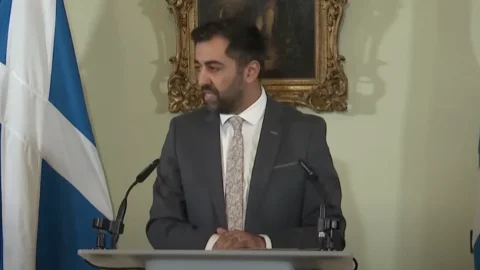In the electric race, Europe e Use put the turbo while theItaly backtracks. After the EU with the green light to ban on petrol and diesel vehicles from 2035, the Environmental Protection Agency, the federal agency for environmental protection, has presented a series of restrictions to reduce polluting emissions from cars: by 2032, 67% of new passenger cars will have to be electric, 46% of medium capacity, 25% of heavy ones and 50% of buses. And what does Italy do? Struggling to keep up. Yet 2035 is not that far away. And rather than boosting the electricity market, the Italian government is thinking of a restyling of theEco bonus (incentives for non-polluting vehicles) given that the funds allocated to encourage the transition from an internal combustion engine to electric car (or hybrid) have largely remained unused and the idea would be to convey them to low-emission endothermic engines.
Two factors are driving American electric mobility
The goals are very ambitious in a country where the diffusion of electric cars is still very low: in 2022, BEVs represented only 5,8% of the American car market. To encourage the electric switch, Joe Biden's administration has handed out incentives for green car buyers. Thanks to'Inflation Reduction Act (IRA) - the Biden administration's $370 billion green subsidy plan for industry and clean technology - American citizens who buy a new electric vehicle are eligible for a discount of up to $7.500. But to push the American electric mobility also the price cut policy by Elon Musk on all Tesla models. In fact, the billionaire's car company represents the largest slice of the stars and stripes electric pie.
If approved next year, as expected, they will be the most aggressive regulations in the history of the American auto industry and will allow the president to play the role of champion of the fight against pollution in the eyes, above all, of young voters.
Concerns about Biden's new rules
However, the announced tightening has aroused the applause of environmentalists and fears of the sector (with the exception of the pioneer of the electric Elon Musk). Despite heavy investment in electric vehicles, there are concerns that the expected transition is going too fast and could cause a loss of profits and jobs. Other fears obviously concern the demand for a more expensive type of car, for the supply of batteries and the speed with which a capillary network of recharging points can be created.
The situation in Europe
Broadening our gaze to the European Union, the diffusion of hybrid or battery-powered cars varies a lot on the Continent. In the last quarter of 2022, the European electric car market recorded a total of +31,6%. The driving force behind the growth is above all the Germany with 198 thousand new registrations (+66,1%). France e Britain they are not far removed from Berlin. And Norway, Sweden, Switzerland, Holland and Finland also recorded significant percentages for the registration of green engines. It does even better than us Spain, a country behind both in automotive tradition and economic power. The result? We have one of the largest and oldest fleets in Europe and electric car sales remain at a standstill.
Why doesn't electricity explode in Italy too?
Firstly, the incentives introduced by governments to favor the replacement of petrol and diesel engines. Electric cars still are too expensive for the middle class. In 2023, the incentive is only 4 euros if we take advantage of the scrapping or if we don't have an old car worth 000 euros. A rather low threshold if we think of the average electric car, which is notoriously expensive. And to all this we must add an economic crisis exacerbated by the high level of inflation, which is significantly affecting the purchasing power of Italian families.
The icing on the cake is the presence of a capillary network of recharging points, which still limit the range of action of the electric car: the number of charging stations it is still too low especially in peripheral areas and on the Islands.
Ecobonus: incentives that discourage
The Minister for Enterprise and Made in Italy Adolfo Urso has advanced the hypothesis of a possible remodulation of the incentives currently available for the purchase of low emission cars. Urso underlined how "the market response to the subsidies has been heterogeneous, with the incentives for cars with internal combustion engines used in a short time, while those for pure electric have not had a good response: in 2022 resources remained unused for 127 million euros”. Also with regard to 2023, "the 150 million earmarked for the purchase of endothermic cars with emissions between 61 and 135 g/km of CO2 ended in a few weeks, while of the 425 million allocated overall for electric and hybrid cars were today only 33 million have been used, equal to less than 8%”, continued the minister.
In the light of these results, according to Urso "there is now the need to prepare a remodulation of the incentives to make the best use of them also in order to rejuvenate the circulating fleet which is highly polluting”.
What we don't know, however, is whether the possible remodulation of the Ecobonus would come into force as early as 2023 or in the next few years. The only certainty is that while everyone is running on electricity, Italy takes one step forward and five steps back. One therefore wonders whether we would be ready to make the leap by 2035. But the response from the Minister of Enterprise and Made in Italy is not the most encouraging.





